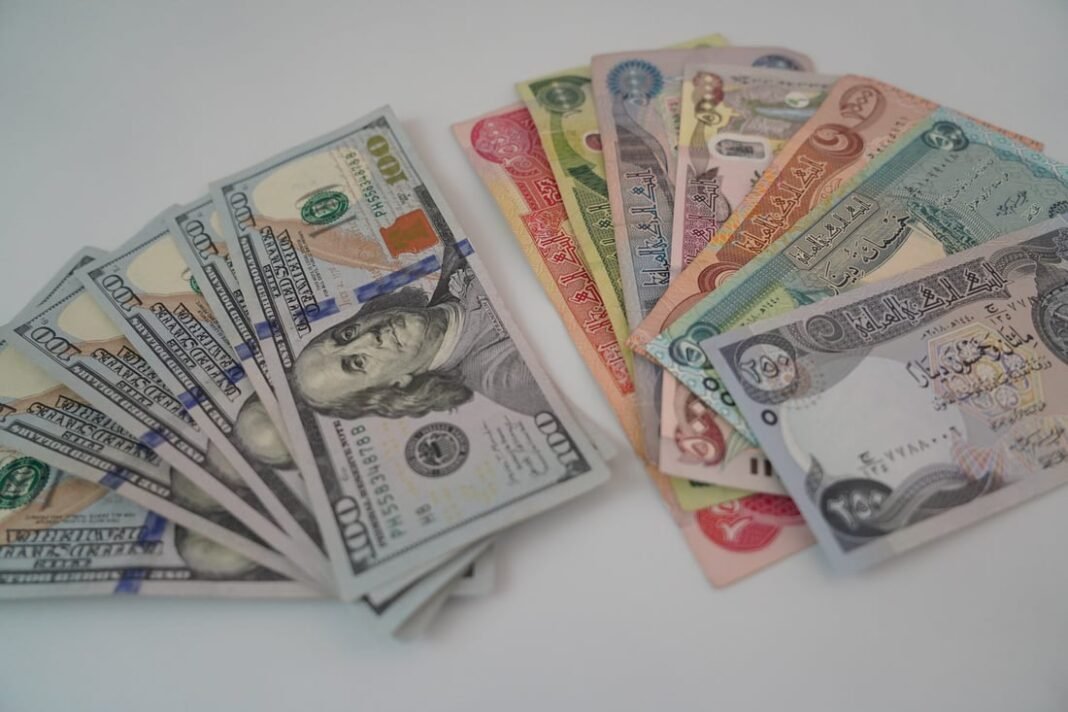Dollar prices in Iraq stayed stable in the main markets. In Baghdad, rates remained steady, while in Erbil they recorded a slight drop. This pattern reflected the current calm in the currency market and the differences between the two main trading hubs.
According to market figures, the dollar’s exchange prices rate stayed stable at the start of trading in Baghdad. At the central Al-Kifah and Al-Harithiya stock exchanges, the rate settled at 139,850 dinars for every 100 dollars. This stability showed no change from recent levels.
In Baghdad exchange shops, the selling rate reached 140,750 dinars for every 100 dollars. The buying rate, meanwhile, stood at 138,750 dinars. These figures confirmed that Iraq dollar prices in the capital have not moved significantly in recent days.
In contrast, the currency market in Erbil recorded a small decline. The selling price in the city stood at 139,750 dinars for every 100 dollars. At the same time, the buying price reached 139,700 dinars. Although the difference was slight, it marked a shift compared to previous trading sessions.
The gap between Baghdad and Erbil rates reflected regional supply and demand conditions. Baghdad’s larger market size often leads to more stable pricing, while Erbil’s rates can respond faster to minor shifts in trading activity.
Currency traders noted that both markets have seen reduced volatility in recent weeks. This has been linked to stable central bank policies and the absence of sudden economic pressures. The steady performance of the Iraqi dinar in Baghdad shows confidence among local traders.
However, market watchers expect that external factors could still influence Iraq dollar prices in the near future. Changes in global currency trends, oil prices, or import demands might shift local rates. Even small changes in trade flows can cause differences between the Baghdad and Erbil markets.
For now, the overall trend remains calm, with Baghdad holding steady and Erbil seeing a mild drop. Traders continue to monitor developments while keeping an eye on possible changes in supply conditions.


